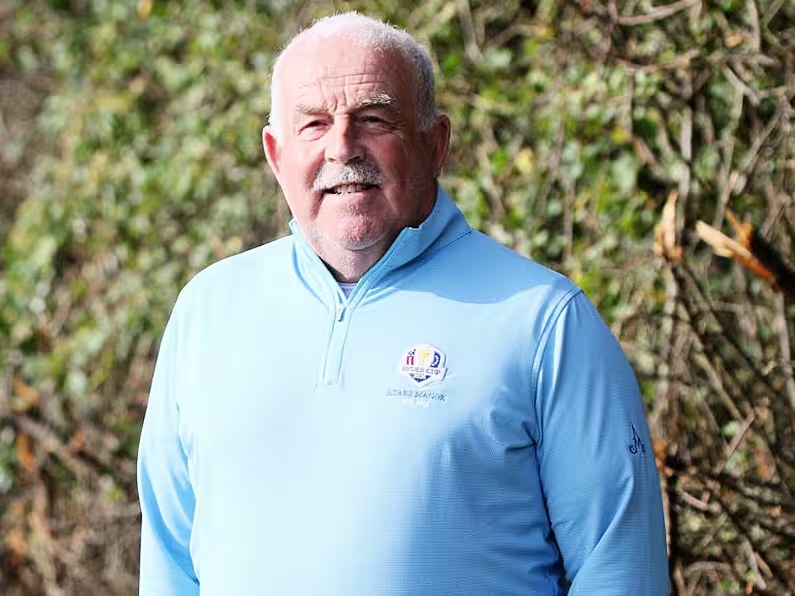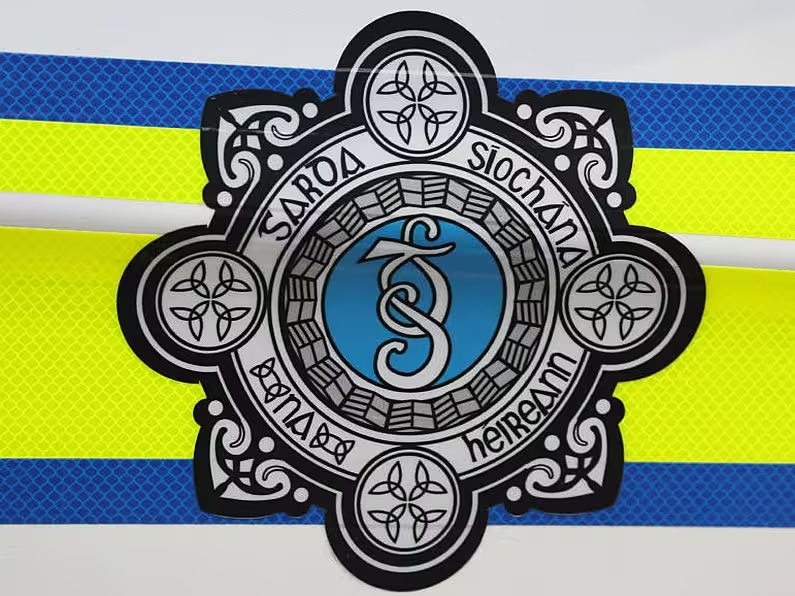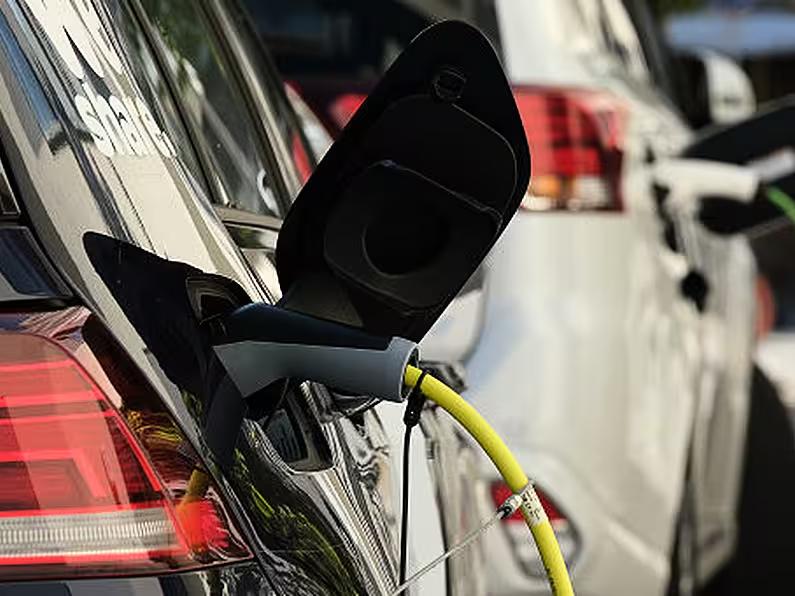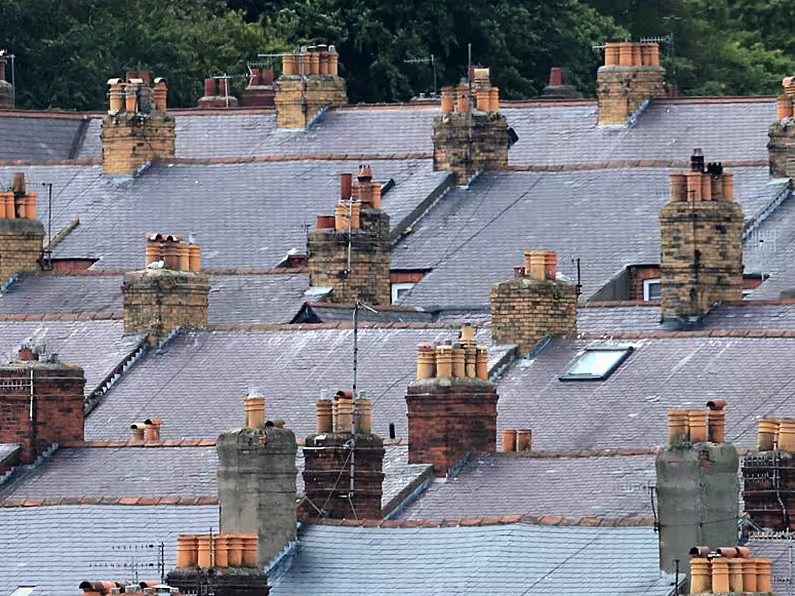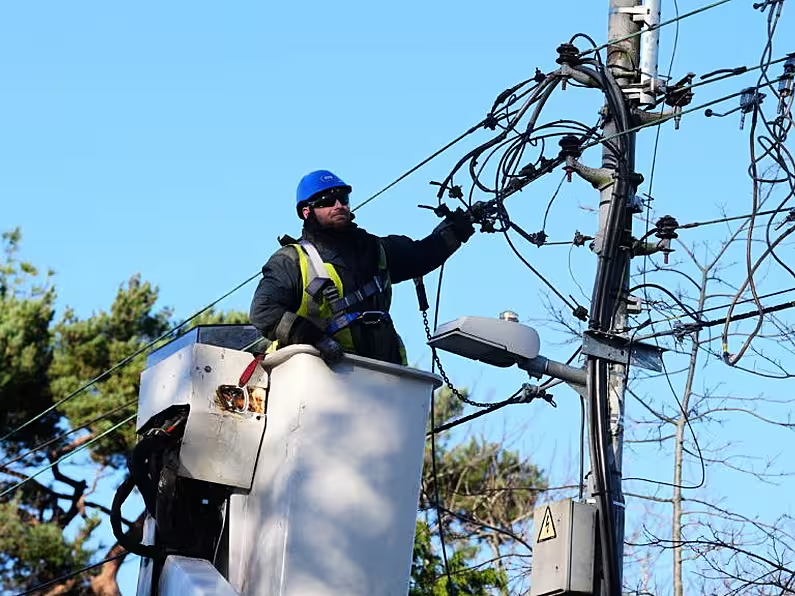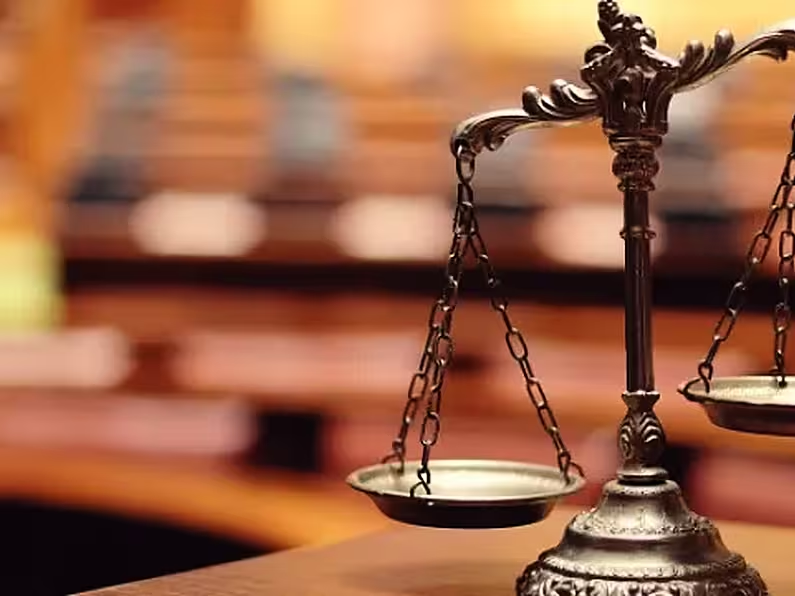Ireland is facing a week of near-record high temperatures, forecasters have predicted.
As the island basks in a July heatwave, Met Éireann and the UK Met Office have said temperatures could rise above 30 degrees Celsius in some areas on Wednesday and Thursday.
Met Éireann has issued a status orange warning for high temperatures in six counties: Cavan, Monaghan, south Leitrim, Roscommon, Longford and Westmeath.
The forecaster said maximum daytime highs will exceed 30 degrees in these counties and overnight temperatures will drop no lower than around 20 degrees.
Status Orange - High Temperature warning for Cavan, Monaghan, south Leitrim, Roscommon, Longford, Westmeath
Maximum temperatures exceeding 30 degrees Celsius in places and overnight temperatures dropping no lower than around 20 degrees.https://t.co/Xg3aMJlyuS pic.twitter.com/LmeBi3A8cl— Met Éireann (@MetEireann) July 20, 2021
A status yellow warning is in place for the rest of the Republic, with Met Éireann predicting hot conditions by day and warm and humid nights.
Temperatures could be as high as 30 degrees more widely with overnight values not falling below 17 to 20 degrees.
Both warnings come into effect on Tuesday afternoon and will remain in place until 9am on Friday.
Record temperatures
In the Republic, the highest temperature of the year so far was recorded on Saturday, with 29.6 degrees in Durrow, Co Laois.
The current maximum temperature record for July is 32.3 degrees, reached in Roscommon on July 19th, 2006.
Northern Ireland recorded a provisional record high temperature on Saturday, when the mercury hit 31.2 degrees in Ballywatticock close to Newtownards in Co Down at 3.40pm.
Previously, the highest temperature of 30.8 degrees was recorded on July 12th, 1983 and June 30th, 1976.
The highest temperature ever recorded on the island of Ireland was 33.3 degrees at Kilkenny Castle, on June 26th, 1887.
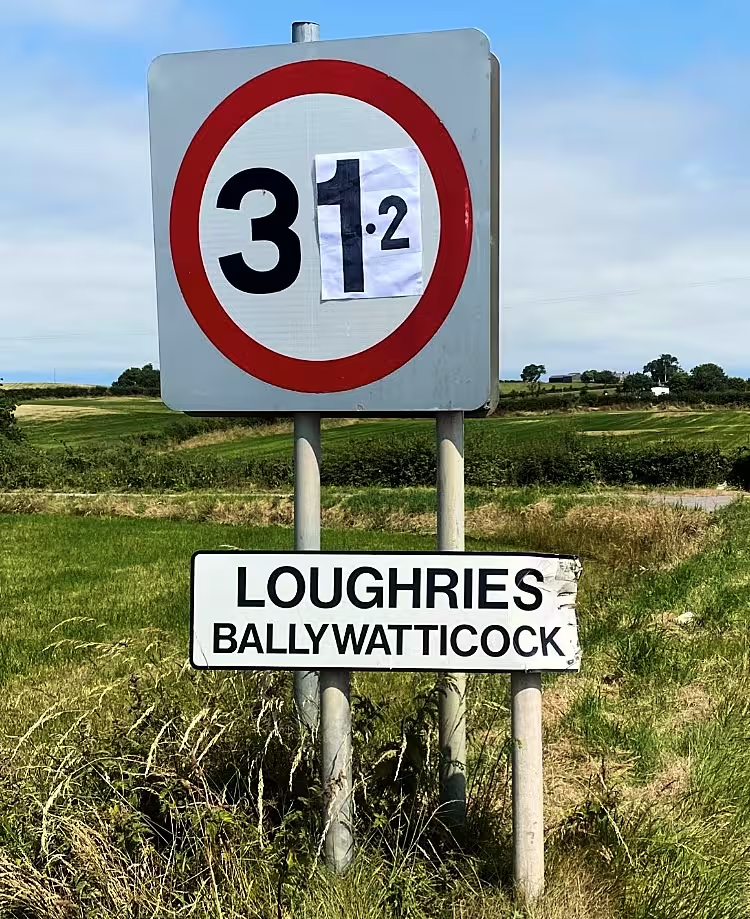
A 30mph road side in Ballywatticock in Co Down has been adapted after the highest ever temperature in Northern Ireland of 31.2 degrees was recorded on Saturday.
John Wylie, from the Met Office, said that engineers would be checking the equipment at Ballywatticock over coming days to validate the record temperature.
He told the BBC: “Temperature records these days are a big deal, we need to make sure, double check the equipment is working correctly.
“Nothing at the site has changed from the last visit that we made when servicing the site months ago, so it is just to double check and then we have got to compare that value with temperatures around the site as well.
“At the moment we are not seeing anything which would suspect that particular value but we definitely need to visit the site. That is standard procedure.”
He added: “The record has stood since 1976 and 1983. This beat it by almost half a degree.”
Sunny spells are set to continue generally for the rest of the week.
Met Éireann says temperatures averaging 28 or 29 degrees will continue until Thursday, with highs of 30 degrees possible in some areas.
Some showers are expected on Friday and across the weekend.
Week Ahead
Another warm week ahead as the #heatwave continues with strong sunshine and temperatures widely into the high 20s and possibly 30 Celsius in a few locations🌡️☀️
Although on the whole it’ll be a dry week a few isolated thundery showers could break out today & tomorrow pic.twitter.com/0Z4nXLhxdI— Met Éireann (@MetEireann) July 19, 2021
The State's chief medical officer Dr Tony Holohan urged people to enjoy the hot weather in “as safe a way as possible”.
“Be SunSmart, regularly and liberally apply sunscreen that has a sun protection factor of at least 30+ for adults and 50+ for children, wear light and loose-fitting clothing that covers your skin, wear a hat and sunglasses.
“Keep yourself cool and hydrated,” Dr Holohan added.
“Other risks to be mindful of during this spell of hot weather are heat exhaustion and heat stroke.
“Heat exhaustion is not usually serious if you can cool down within 30 minutes.
“Signs of heat exhaustion include headache, dizziness and confusion, loss of appetite and feeling sick, fast breathing or pulse, high temperature of 38C or above and being very thirsty.
“If not treated this can lead to heatstroke, which means the body is no longer able to cool itself down and this needs to be treated as an emergency.
“If you feel unwell, or you or your children display any of the above symptoms immediately move to a cool place, rest and hydrate. If needed, seek medical attention.
“Look out for others around you, especially individuals who may be more vulnerable to the effects of heat such as older people, young children and babies.
“Finally, please continue to follow relevant public health advice to keep you and those around you safe from Covid-19.”





